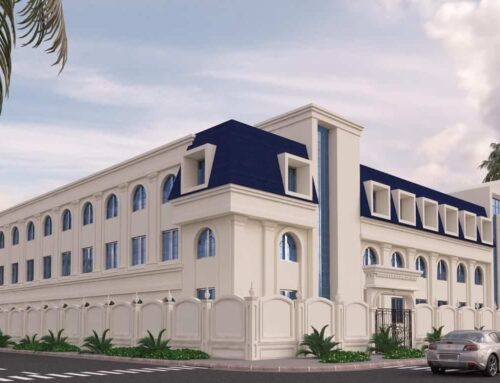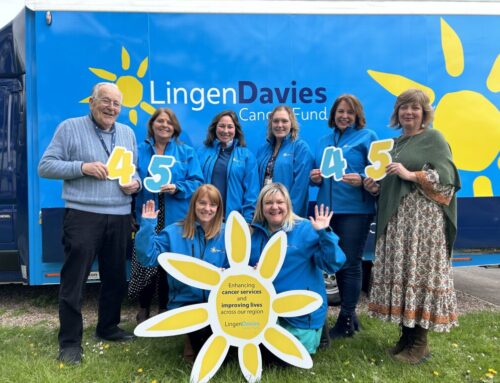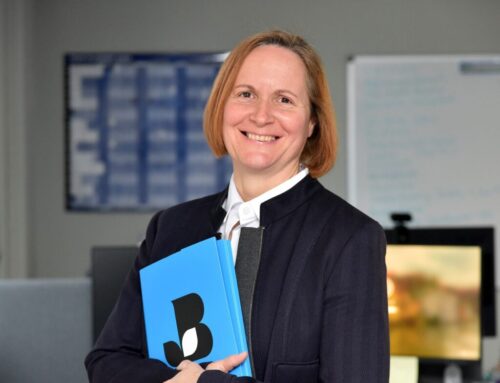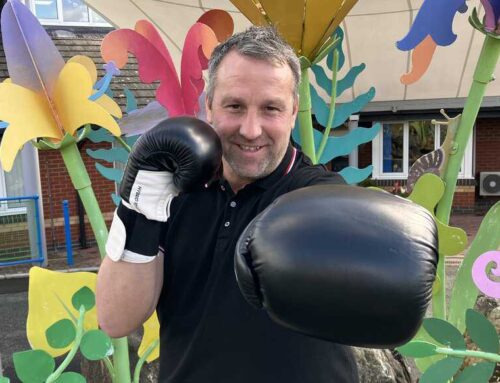A nurse who took on a gruelling 220-mile swim to raise money for charity says she would not have been able to even contemplate the challenge, if wasn’t for the rare treatment she underwent to combat debilitating arthritis in her knee.
Melissa Compton, who has recently finished her challenge of swimming the River Severn to raise money for Versus Arthritis, had Autologous Chondrocyte Implantation (ACI) treatment at The Robert Jones and Agnes Hunt Orthopaedic Hospital (RJAH) three years ago, after suffering with arthritis since her mid-twenties.
ACI is a technique used to help patients with an articular cartilage defect, something that can impact younger people in their 20s and 30s – sometimes as a result of a sporting injury.
The procedure sees a sample of cartilage removed from the patient’s knee from which their own cells are then grown in a laboratory, a process which takes around three weeks. These cells, known as chondrocytes, are returned into the patient’s defect area in a second surgical procedure.
ACI clinical trials have been running in several locations over a period of years, but it was only in 2017 that, following extensive appraisal, the treatment won official approval to be funded by the NHS.
Prior to her treatment, Melissa, a nurse at The Royal Shrewsbury Hospital, had enjoyed a busy and active lifestyle, but after more than a decade of suffering with arthritis, she found that it was finally taking its toll and was considering giving up work, due to the excruciating pain she was in.
However, that same week the thought of giving up her job entered her mind, a date for her surgery came through.
The 39-year-old, who was part of the early ASCOT trial at the Oswestry-based hospital, said the treatment came at “just the right time”.
She said: “I couldn’t have carried on any longer in that sort of pain, it was agony and was limiting what I could do – and at such a young age, that was frustrating for me.
“Since having the ACI treatment, my life is pretty much back to normal, I’m still working and I’m able to enjoy keeping active. As part of the River Severn challenge, I had to walk 40 miles before I was even in the water – something I wouldn’t have been able to do, prior to the treatment.”
ACI procedures are performed at RJAH by experienced consultant orthopaedic surgeons, Mr Pete Gallacher, Mr Paul Jermin and Mr Andrew Barnett. Melissa’s procedure was performed by Mr Gallacher.
Despite proving successful for Melissa, ACI isn’t suitable for everyone. It can only be offered to patients who meet a number of defined criteria as set out by the National Institute for Health and Care Excellence (NICE).
Professor Sally Roberts, head of the trust’s Cartilage Repair Research Group, said: “What Melissa has achieved post ACI treatment is absolutely fantastic and a real testament to her determination.
“Melissa’s success also demonstrates the importance of being the right patient for ACI, due to her relatively young age and the fact she had not too advanced arthritic changes.”
Professor Roberts said it’s important that GPs are aware of the criteria that patients have to meet, in order to refer them for ACI, one of them being that patients should not have had any other treatment for their cartilage problem before (for example with micro-fracture or drilling).
Pictured: Melissa taking part in the River Severn challenge, and on duty at The Royal Shrewsbury Hospital.









